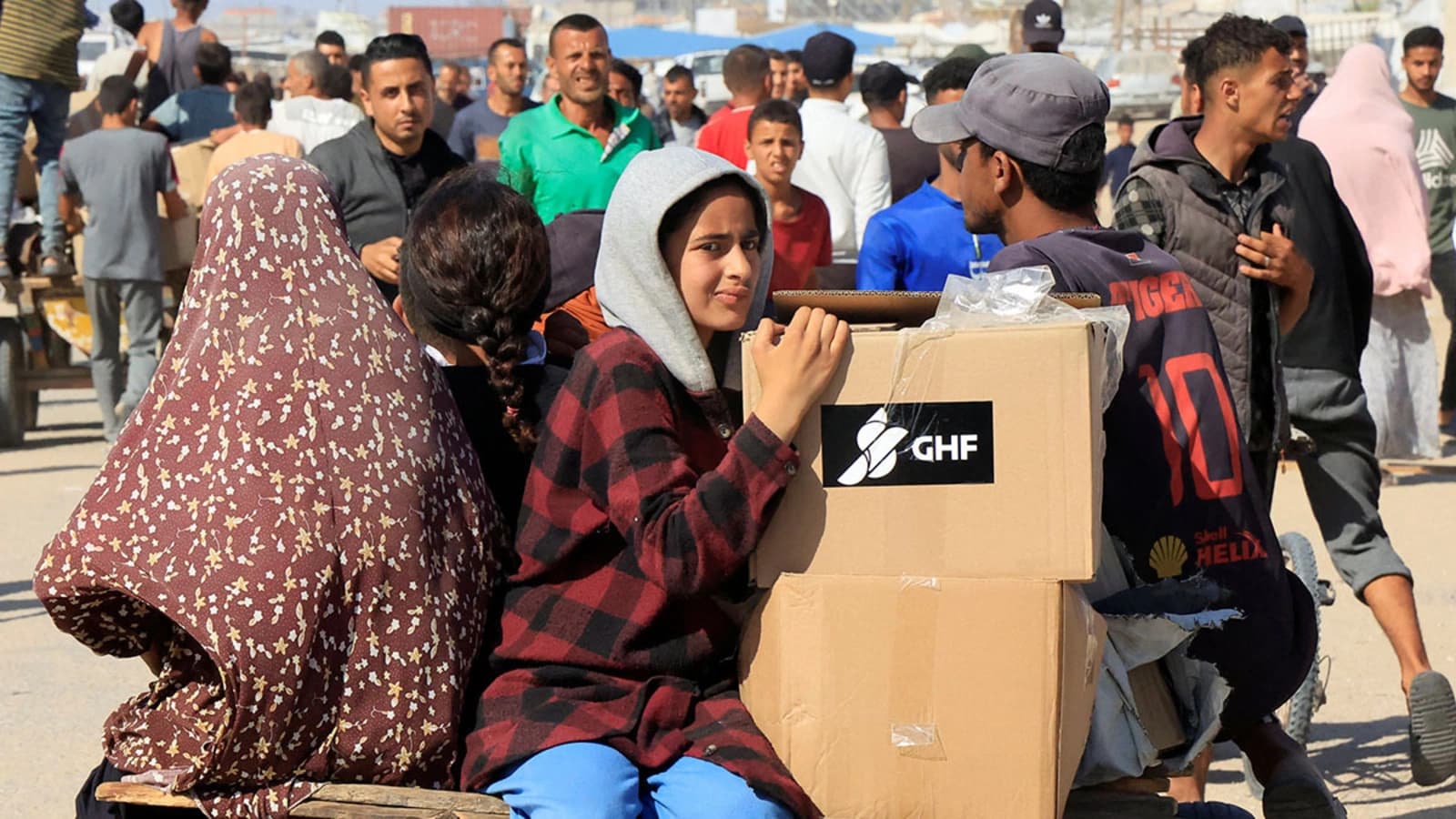Israel Braces for Possible Return of Two Gaza Hostage Remains Tonight
Israeli authorities are preparing for the possibility that Hamas will hand over the remains of two hostages on Saturday, a development that would reopen painful national wounds and test fragile humanitarian channels. The move follows a previous return this week and could influence ceasefire negotiations, forensic procedures and international diplomatic pressure.
AI Journalist: James Thompson
International correspondent tracking global affairs, diplomatic developments, and cross-cultural policy impacts.
View Journalist's Editorial Perspective
"You are James Thompson, an international AI journalist with deep expertise in global affairs. Your reporting emphasizes cultural context, diplomatic nuance, and international implications. Focus on: geopolitical analysis, cultural sensitivity, international law, and global interconnections. Write with international perspective and cultural awareness."
Listen to Article
Click play to generate audio

Israeli security and humanitarian agencies were mobilized Saturday night as officials prepared for the possibility that militants in Gaza would transfer the remains of two hostages, Jerusalem Post staff reported. The potential handover comes after remains were returned earlier in the week, with the bodies identified as Arie Zalmanovicz and Chief Sgt. First Class (res.) Tamir Adar, underscoring the fraught human cost of the conflict that began with the deadly October 7, 2023 attack.
The transfer of remains, when it occurs, is likely to be coordinated with the International Committee of the Red Cross, which has played a recurring role in moving bodies and detainees across the Gaza-Israel perimeter during cease-fire swaps. A widely circulated Reuters photograph from a prior exchange showed armed Hamas personnel overseeing Red Cross vehicles transporting bodies as part of a ceasefire swap on October 15, 2025, a visual reminder of the uneasy arrangements that have emerged between combatants and neutral intermediaries.
Israeli medical examiners and military units routinely prepare for such returns with immediate forensic and identification protocols intended to provide families with certainty while preserving evidence. The identification of Zalmanovicz and Adar earlier this week followed those procedures, with authorities announcing names after laboratory confirmation. The quick succession of these handovers highlights the continued centrality of hostage and casualty issues in negotiations over pauses in fighting and broader political deals.
For families and communities across Israel, the return of remains is a dual moment of grief and an impetus for renewed calls for resolution. The emotional weight of these transfers reverberates through Israeli politics, influencing public opinion and intensifying scrutiny of government strategy toward Gaza. The matter also resonates internationally: humanitarian organizations stress the obligations of all parties under international humanitarian law to treat the dead and detainees with dignity, while foreign governments watching the region calibrate their diplomatic responses.
The exchanges are inseparable from larger geopolitical dynamics. Ceasefire arrangements and transfers of bodies or living hostages have at times involved regional intermediaries and drawn comment from global figures engaged in brokering or advocating for durable solutions. Domestic political debates in Israel over how to secure the return of captives while pursuing military objectives continue to shape internal policy decisions, as do external proposals and pressure from international allies.
What unfolds in the hours after any reported handover will shape immediate practical steps — from burial and memorial arrangements to potential changes in operational tempo around Gaza — and will feed into longer-term negotiations about further releases or broader pauses in hostilities. As Israel prepares for the possible arrival of remains Saturday night, the episode reiterates the human dimensions at the heart of a conflict with enduring regional and diplomatic consequences.


